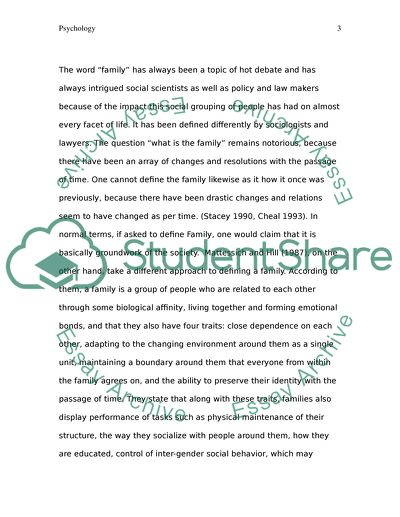Cite this document
(“The Role of Family for Individuals and Society Essay”, n.d.)
The Role of Family for Individuals and Society Essay. Retrieved from https://studentshare.org/psychology/1614757-family-study
The Role of Family for Individuals and Society Essay. Retrieved from https://studentshare.org/psychology/1614757-family-study
(The Role of Family for Individuals and Society Essay)
The Role of Family for Individuals and Society Essay. https://studentshare.org/psychology/1614757-family-study.
The Role of Family for Individuals and Society Essay. https://studentshare.org/psychology/1614757-family-study.
“The Role of Family for Individuals and Society Essay”, n.d. https://studentshare.org/psychology/1614757-family-study.


